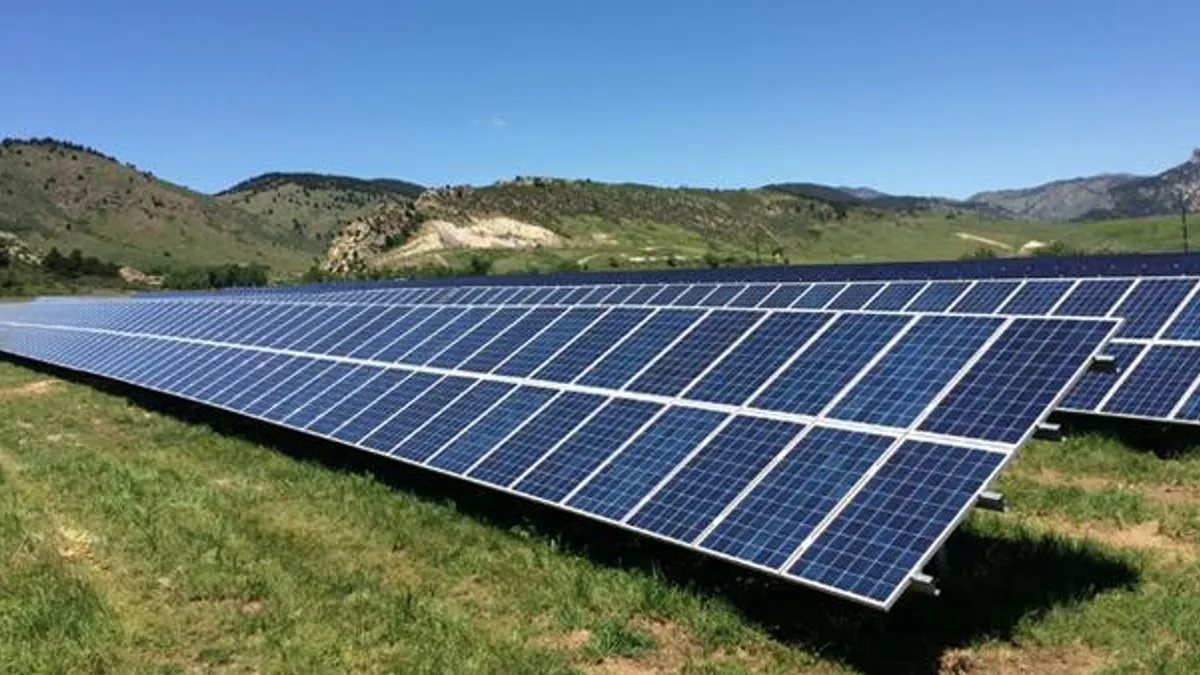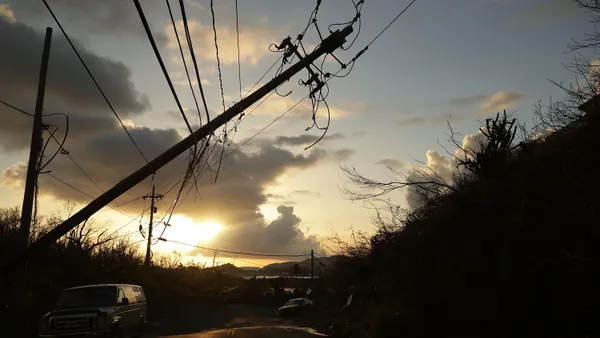Dive Brief:
-
In an update on its AIA 2030 Commitment initiative, the American Institute of Architects announced Wednesday that the building industry has failed to keep pace with the plan's energy-intensity reduction goals.
-
Only 4% of projects so far have met the 70% energy savings target for 2015 building performance, with the average savings coming in at 38%. Each signatory to the program committed itself to the goal of achieving carbon neutrality by 2030.
- The AIA said that roughly six in 10 of its signatory firms employ energy modeling early in the design process, a strategy that it claims is critical to meeting the 2030 goals.
Dive Insight:
Buildings account for one-third of the world's emissions, according to the U.S. Green Building Council. For the AIA 2030 initiative, total project energy savings have so far translated to 21 million metric tons of greenhouse gas emissions, which the Environmental Protection Agency said is the equivalent of running six coal-fired power plants or powering more than two million homes for a year. Meanwhile, the number of AIA 2030 firms submitting reports and the volume of project space they reported was up from 2014, according to the report.
The AIA joins other industry players who are advocating for a reduction in construction's carbon footprint. Last year, the USGBC committed to adding more than 5 billion square feet of LEED- and EDGE-certified space in the next five years to support sustainable building methods and reduce the total carbon footprint. In an equally, if not more aggressive plan, the World Green Building Council announced this summer that it intends to see 100% net-zero buildings by 2050.












